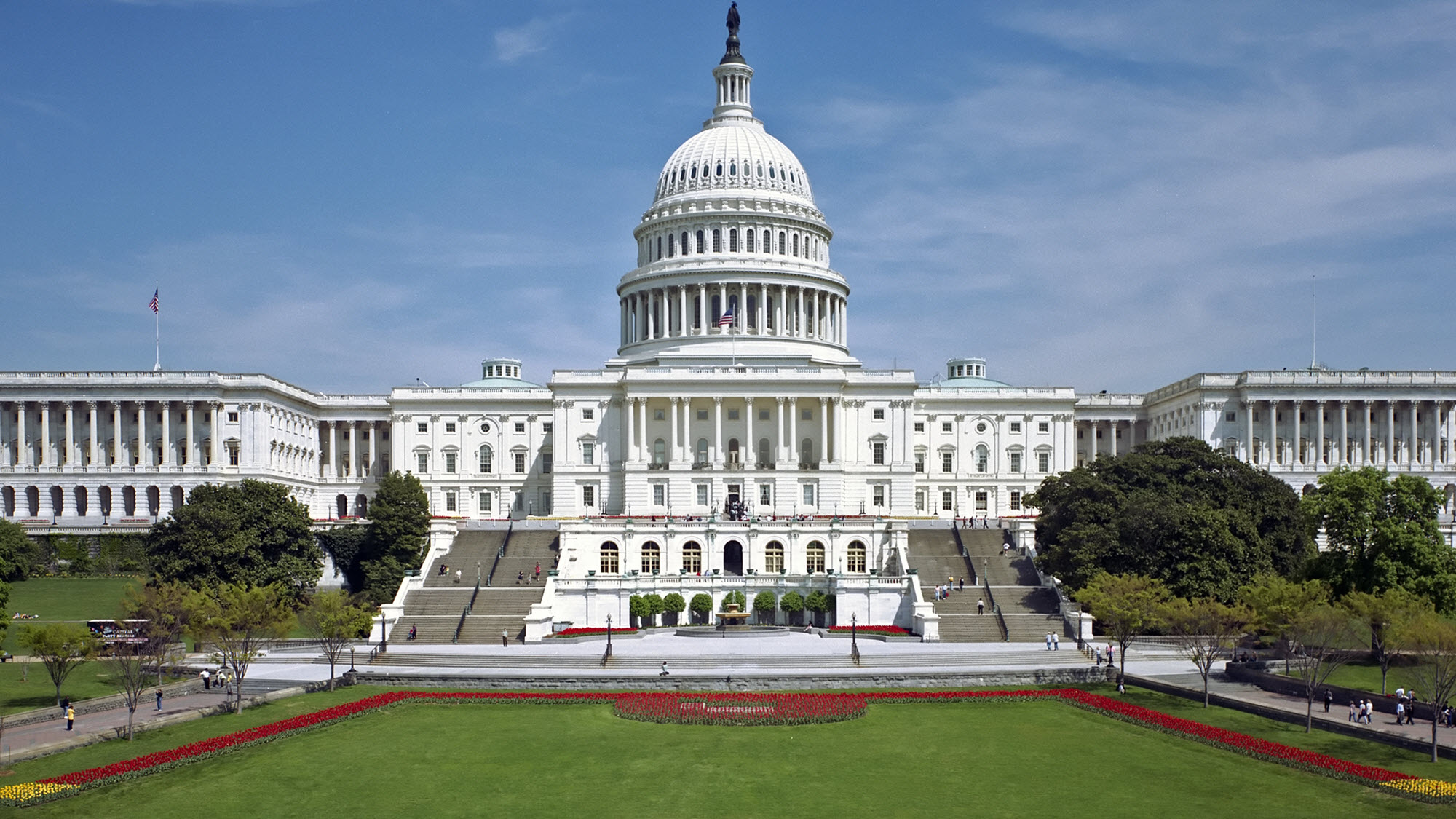Senate Intelligence Report Recommends Overarching 'Cyber Doctrine'

The smarter way to stay on top of the multichannel video marketplace. Sign up below.
You are now subscribed
Your newsletter sign-up was successful
A report released by the bipartisan leadership of the Senate Intelligence Committee Thursday (July 25), one of the more bipartisan committees in Congress, says the government should come up with an "overarching cyber doctrine."
That was one of the recommendations in a voluminous report on Russian election meddling focused on infrastructure.
The report concluded that the U.S. should make it clear to its adversaries, in a sort of "this could mean war" declaration, that it will treat an attack on election infrastructure as a hostile act, whose response may not be limited to cyber activity.
Further, it said, "[i]deally, this principle of deterrence should be included in an overarching cyber doctrine for the U.S. Government. That doctrine should clearly delineate cyberespionage, cybercrime, and cyber attacks.
"Further, a classified portion of the doctrine should establish what the U.S. Government believes to be its escalation ladder in the cyber realm—what tools does it have, what tools should it pursue, and what should the limits of cyber war be. "[P]olicymakers should consider what steps the U.S. will need to take to outstrip the capabilities of Russia, China, Iran, North Korea, and other emerging hostile actors in the cyber domain," it said.
It also suggests the world community needs to get together to talk about cyber norms, "[j]ust as the international community has established norms and treaties about the use of technologies and weapons systems."
It said the U.S. should lead the conversation about both the norms and the limits of cyber activities (say, declaring tampering with nuclear reactors off limits, as the world did with chemical warfare after the First World War).
The smarter way to stay on top of the multichannel video marketplace. Sign up below.
The report was released by Senate Select Committee on Intelligence Chairman Richard Burr (R-N.C.) and Vice Chairman Mark Warner (D-Va.).
Contributing editor John Eggerton has been an editor and/or writer on media regulation, legislation and policy for over four decades, including covering the FCC, FTC, Congress, the major media trade associations, and the federal courts. In addition to Multichannel News and Broadcasting + Cable, his work has appeared in Radio World, TV Technology, TV Fax, This Week in Consumer Electronics, Variety and the Encyclopedia Britannica.

